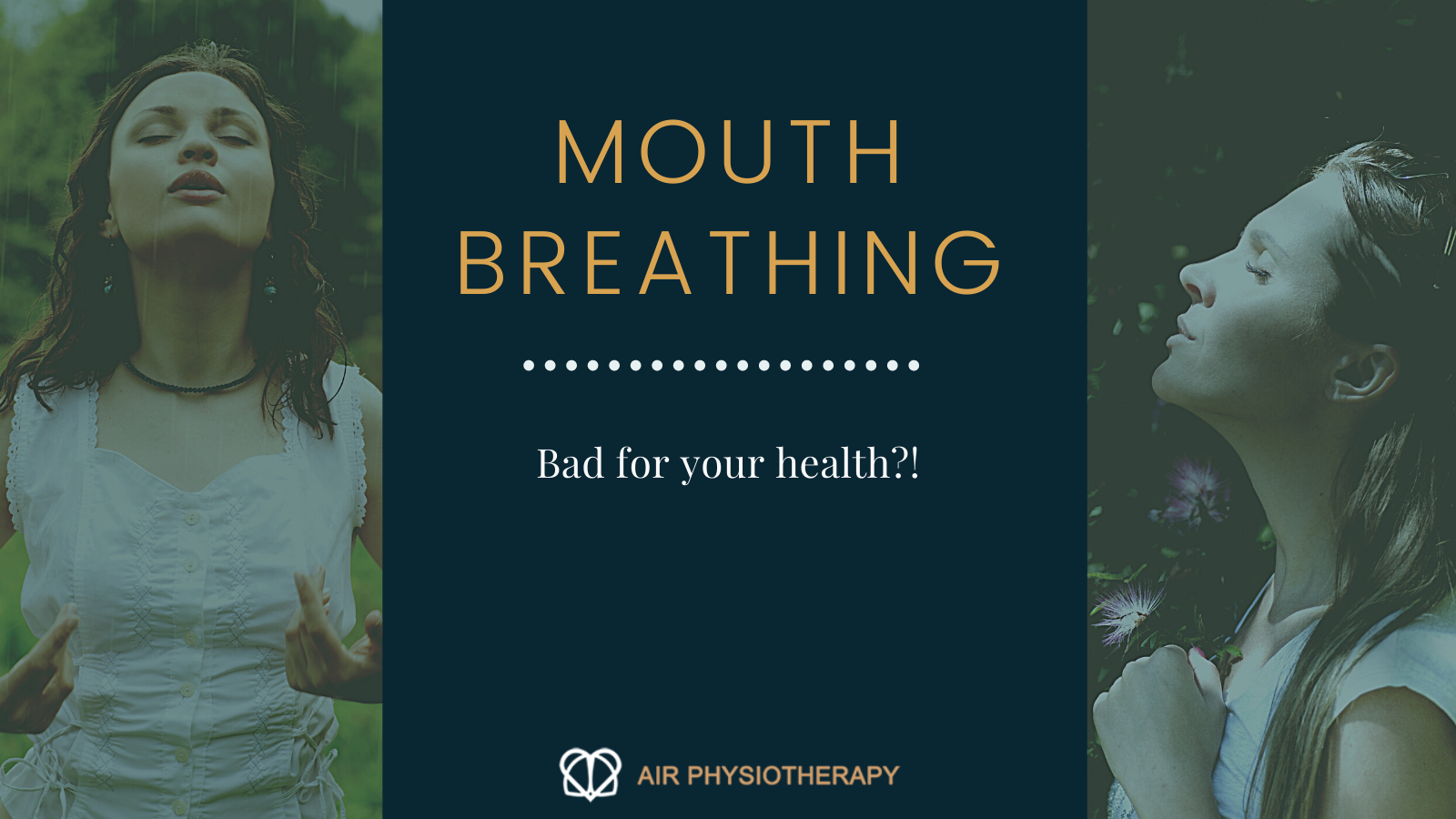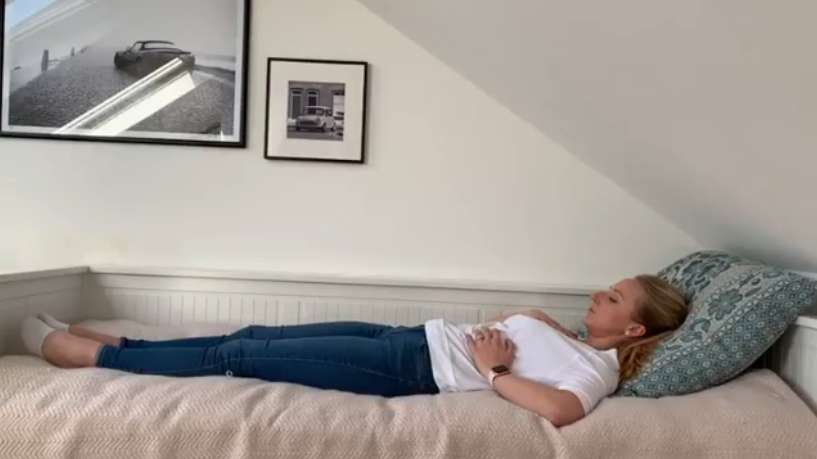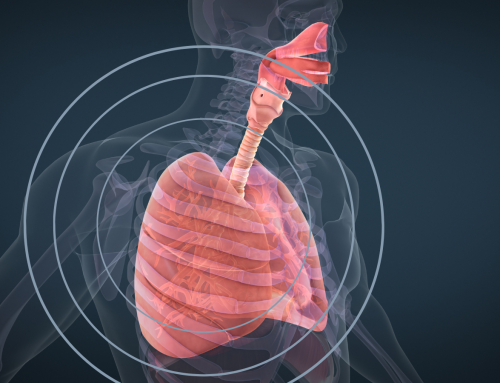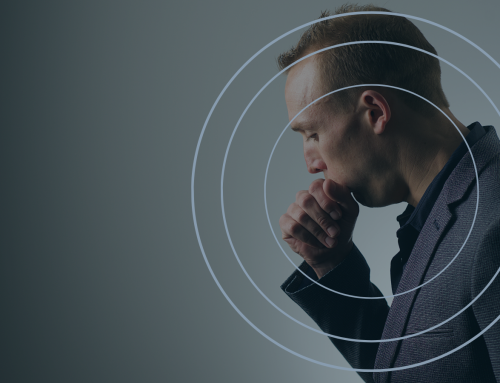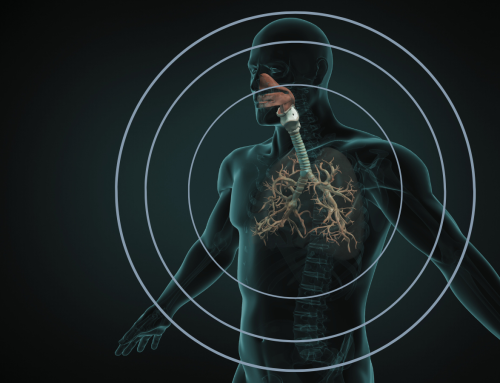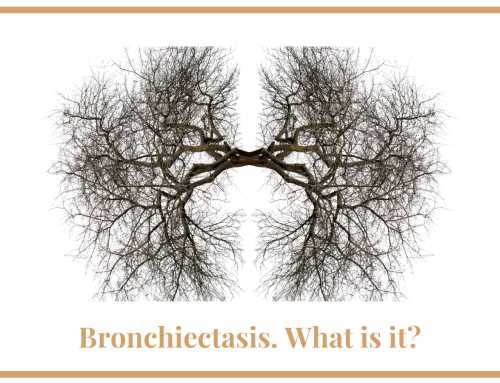Mouth breathing. It sounds innocent enough… it’s just breathing in and out through your mouth rather than your nose. But there’s much more to it!
So what’s the problem with mouth breathing?!
Despite around 30-50% of adults breathing through our mouths, the fact is that humans are meant to breathe through our noses! Let’s take a step-by-step look at it…
The nose
Tiny hairs called cilia in the nose prepare the air we breathe for the lungs by filtering, humidifying and warming or cooling the air (depending on the temperature). In fact, cilia are estimated to protect our bodies against around 20 billion particles of foreign matter every day!
When we inhale and exhale through the nose it also helps us take fuller, deeper breaths. This is because it increases air resistance by about 50% compared to mouth breathing, and it’s this resistance that’s estimated to result in 10-20% greater oxygen uptake.
The lungs
The mucus-lined windpipe is another form of defence to trap unwanted particles before they reach your lungs. The lower lung is awash with the parasympathetic nerve receptors which help calm the body and mind. Nose breathing also stimulates the lower lung to distribute greater amounts of oxygen throughout the body, helping your body achieve a deeper sleep.
The diaphragm
Nose breathing means you’re much more likely to be engaging the diaphragm as you breathe.. and the diaphragm is the star of the show when it comes to optimal breathing! Diaphragmatic breathing is efficient, effective, and relaxing. Failing to engage the diaphragm and breathing through the upper chest will lead to you feeling like you’re in flight or fight mode, readying your body for action.
What are the effects of mouth breathing?
It can cause a number of issues with your overall health and wellbeing:
- Changes to your jaw and face shape – the bones of the face can develop differently which can lead to flatter features, narrowing of the jaw and dental arch which can cause crooked teeth, drooping eyes and a small chin.
-
Snoring and sleep apnoea – this is much more likely to happen if you mouth breathe. The quality of your sleep (and those you share a house with) can be affected, which means you struggle with low energy levels during the day.
- Dry mouth and bad breath: mouth-breathing dries out the mouth, affecting your first defense against oral bacteria. You can as a result go on to develop chronic bad breath and tooth decay.
-
Dry, irritable cough, or constant throat clearing – mouth breathing dries out the vocal cords and causes irritation which leads to a persistent cough.
- Changes to your biochemistry and biomechanics – this may occur as your breathing becomes more dysfunctional and they extend into so many different facets of everyday life:
- poor posture
- neck, jaw or back pain
- chest pain
- cold hands and feet
- anxiety
- reflux
- brain fog fatigue
- poor endurance
- air hunger
- breathlessness
- palpitations
What can you do to stop mouth breathing?
There are some simple actions you can take to avoid mouth breathing – one of which is practicing the breathing exercise ‘breathing control’. This focuses on relaxed breathing using the lower chest (diaphragm) to ensure your lungs are filling adequately.
- Lie down on your back, make yourself comfortable, and have your head supported.
- Put one hand on the top of your chest and one hand on your lower ribs or tummy. You may have to move your lower hand around as you practice in order to feel movement.
- Keep your mouth closed. As you breathe in slowly and gently through your nose, focus on your lower rib cage moving out to the side.
- your upper chest should not move. If it is, you might be taking too deep a breath!
- Try to perform this for 10 minutes, twice a day
Click on the image below to see how to perform the exercise:
If you’re struggling with mouth breathing, we recommend you make an appointment with us to assess your breathing and help you with techniques to manage it. Please give us a call on 0207 971 1464 or send us an email.

